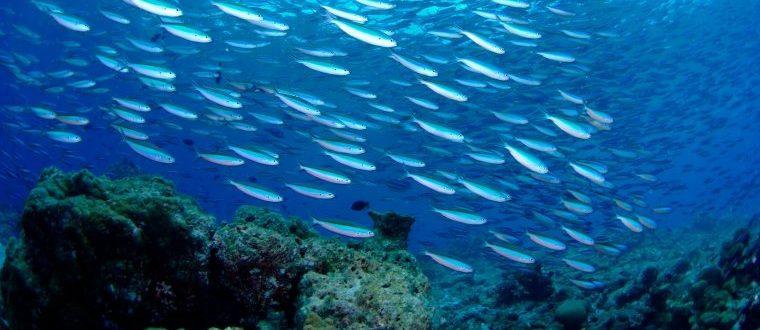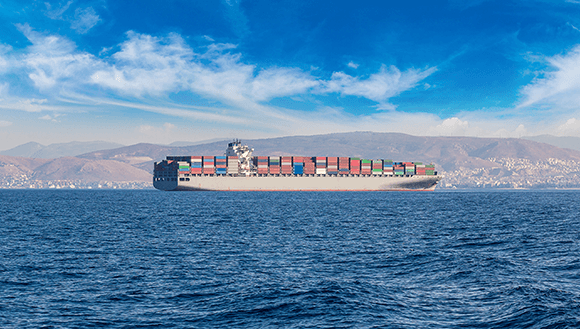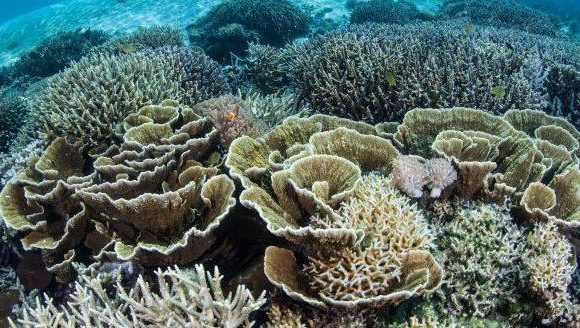Climate Change: How it is Forcing Mass Fish Migration

Concerns about the ever increasing temperature of our world’s oceans have been apparent for a number of years amongst scientist, and with the dramatic rise in carbon emission being absorbed by our vast and abundant waterways; it’s understandable to see why.
For decades, scientists and regulators have been paying close attention to the climate of our seas, monitoring sea levels, and constantly testing the acidity of our oceans. There is no doubt that climate change and the increasing pressures faced by our planet are adding fuel to the speculation that global warming is indeed a reality and we are already witnessing the effects and consequences of such a disastrous force.
New scientific research has found a strong correlation between the rising temperature of our seas and the astounding effect this is having on fish migration. In accordance with these new findings, it has become apparent that fish which normally thrive in the tropics are quickly migrating in an effort to discover cooler seas.
It seems that these migrating species of fish are now swimming ever closer to the earths polar regions in the search for better oxygenated water and a much fuller source of food.
Studies conducted by various universities and environmental concern groups have all reached the same conclusion when it comes to the topic of marine migration and climate change. One such study has even predicted that by the time the year 2050 comes around a substantial amount of fish species will have evacuated the tropics, should the current trend of climate increases and global warming continue.
While it may seem like an unimportant factor of global warming, this type of forced mass fish migration does, and will, have a frightening effect on our oceans eco-systems. Prompting a plethora of sustainability issues for the non-migrating fish species as well as driving thousands upon thousands of commercially important fish out into wider seas, mass fish migration is so much more than fish simply swimming away to find a more comfortable temperature to bask in.
If scientific forecasts and predictions about climate change were to become true over the next fifty years or so, our global oceans will become a full three degrees warmer. Should this worst case scenario become a reality, it is said by a number of authorities that fish will be migrating, on-mass at the astonishing rate of approximately sixteen miles per decade.
Many studies conducted on the world’s oceans often focus on future predictions of how life under the waves will evolve with increasing water temperatures however, many reports fail to mention the catastrophic impact climate change is already having on marine life and fish migration.
If we take a look at specific locations across the planet, we can already see how certain species of fish and marine life have all but vanished from the waters they once roamed. If we take a moment to hone in on the sea waters just off the North Atlantic coast, we can already witness an advanced state of decline in sea life.
Once bounding with infinite amounts of underwater life, a small fishing town in the state of Virginia was proudly known as the flounder capital of the world, in recent years however the flounder have struggled with rising sea temperatures and have relocated to cooler waters closer to New York and New Jersey.
Not only are fish making the move and migrating to more preferable conditions, but other marine life are also making mass migration a part of their lives; blue crab are steadily making their way further North to regions where they wouldn’t have survived previously, while blue mussels are most certainly struggling with summer temperatures.
Perhaps the most revealing migration of all is that of the American Lobster. Once a prevalent feature along the coast of Long Island, these creatures can now be found an astounding five hundred miles away along the more northern coast of Maine.
Along with fish migration having a major impact on oceanic eco-systems, mass fish migration due to climate change will also have a lasting impact on communities and businesses which rely on their local waterways for food, nutrition, and indeed, as a source of financial stability.
There is no doubt in anyone’s mind that climate change is having a life altering chain reaction on our oceans ecological stability. Opening up questions about sustainability and the effect migrating marine creatures will have on other species of fish who are settled in cooler waters, rising sea temperatures are already forcing fish to go beyond their normal boundaries and explore the vastness of their open surroundings with ease.















